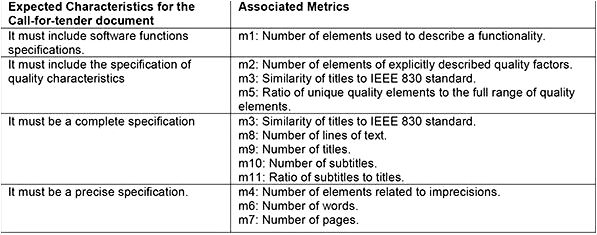
Friends (Collective Platform for Community Resilience and Social Innovation during Crises, www.friends-project.eu) aims to empower communities with intelligent sociotechnical solutions to assist them to reconnect, react to, and get over emergency situations.
This deliverable develops the theoretical framework of resilience coded in D2.1, and aims to tell the technical deliverables from the Friends project to make sure that the various tools developed match the socio-technical needs of various communities. The information of the deliverable is dependant on a number of data collection efforts:
- Interviews throughout the Friends field visit in Nepal. Over 45 interviews were conducted with stakeholders and decision-makers from the inside and outdoors different communities in Nepal, producing a balanced group of interviews representing local neighborhoods who have been impacted by the 2015 earthquake to numerous extents, politicians in the close to the nation’s level, government departments given the job of the safety and security and journalists, students, academics and community leaders.
- Over 5 focus group discussions with assorted groups for example journalists, police and police force officials, students, politicians, teachers and community people. Additionally, a couple day conference continues to be organized and attended through the various respondents from the field study to supply a debrief and also to present and discuss the first findings.
- Various documentation, for example activation guidelines along with a standard catalogue of typical inquiries to be incorporated in community resilience platforms for disasters. Including guidelines, guidelines and platforms employed for data collection.
- An extensive survey on perceptions of challenges and hazards, community assets, knowledge about disaster response and collective resilience platforms and other associated tools. This survey is integrated partly using the interviews, focus groups and workshops.
- Two large participatory design workshops with participation from various user groups. These workshops happen to be conducted with local neighborhoods with students and professionals associated with the institute for crisis management studies. The main focus of those workshops continues to be around the implementation from the needs and integration from the findings from the previous points.
This deliverable is split into 4 major parts. Part one outlines the job presented within this deliverable, such as the motivation, scope and organization from the fieldwork. The 2nd part outlines the techniques and context used to get the data, the input with this deliverable and yet another work packages. It offers, amongst others, the look for that interviews, focus groups and workshops in addition to a way of collating and analyzing this data. The 3rd part provides the actual results acquired with the various formal (interviews, focus groups, workshops) methods, in addition to input through informal methods for example observations and adhoc conversations. The 4th section synthesise these results and is definitely the integrated findings from collected data. These answers are converted into different needs and factors for that Friends platform and work packages particularly in addition to general findings associated with technology developments with regards to community resilience.
Finally, it’s important to note the results presented within this deliverable give a comprehensive summary of the job conducted along with a good representation from the insights acquired within the field throughout the various interactions. Further detail and learnings from additional field interviews is going to be added with time later on deliverables where relevant through the project as well as in distribution products.
Resourse:https://friends-project.eu/outputs/deliverables.html?layout=edit&id=61